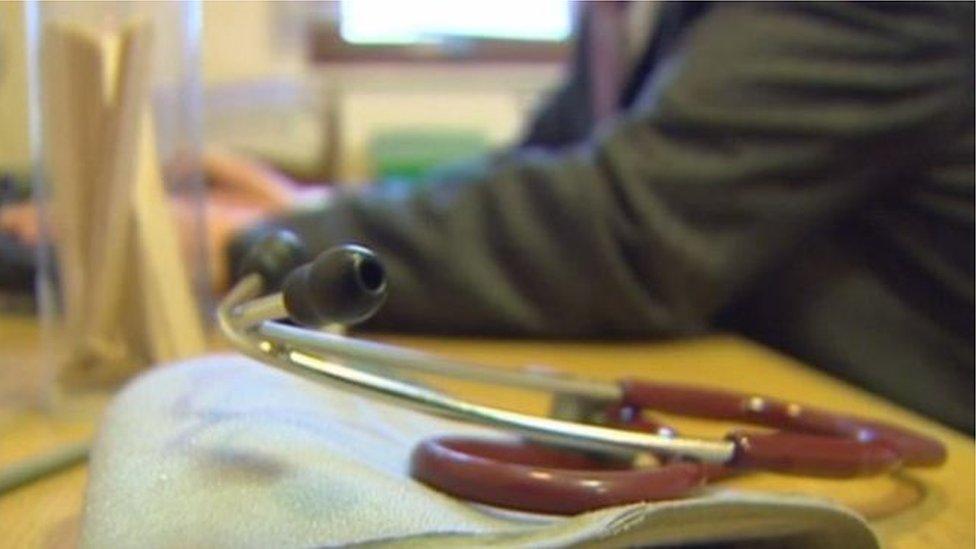Doctors would not administer assisted-dying drugs
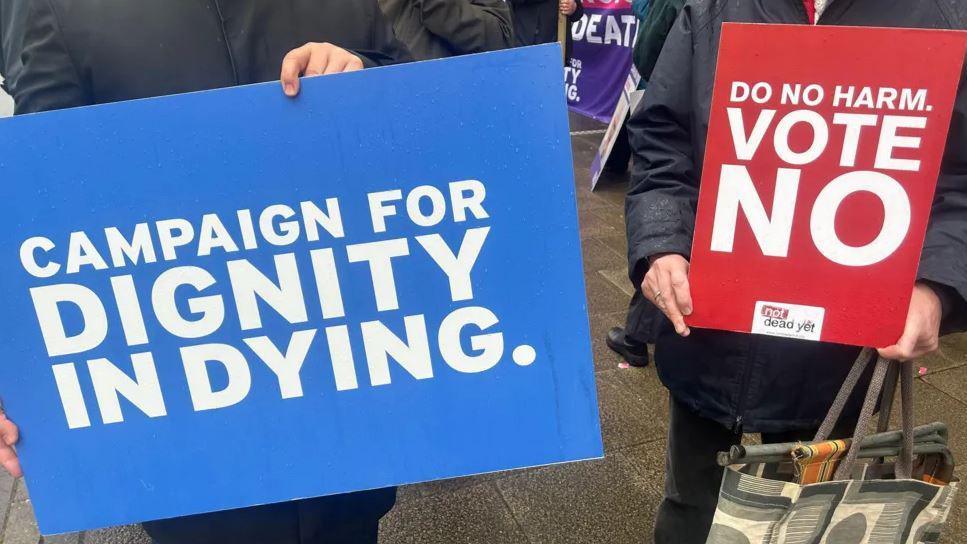
MHKs are debating the detail of the bill over a number of sittings
- Published
Terminally ill residents would have to self administer an approved substance to end their lives under proposed new assisted-dying laws on the Isle of Man.
Politicians discussed aspects of the legislation including how medicines would be prescribed, delivered and administered at the latest sitting of the House of Keys.
The original wording of the Assisted Dying Bill 2023, a private members bill brought forward by Alex Allinson MHK, included the option of requesting the help of a doctor.
However, members backed amendments by Julie Edge MHK and Ann Corlett MHK to remove that choice from the proposed new laws.
Ms Corlett argued the "last action should be taken by the person" who wanted to end their own life.
In response, Dr Allinson said while a "large number" of responses to a public consultation agreed physicians should be able to administer the substance but he conceded "there had been clear evidence given to us that perhaps this was a line too far".
Members also heard opposing views from medical professionals about the methods of assistance in dying.
Fiona Baker, a GP on the island for more than 20 years, said the process could involve "hundreds of pills or a number of large injections".
She said: "We need to be honest, it isn’t just a pill and slip away."
Ms Baker said she thought there would be a "very low" number of Manx doctors who would be prepared to support a patient's wishes.
In an Isle of Man Medical Society poll last year, about 74% of doctors said they did not support a change in the law.
'Evidence-free zone'
Pharmacist Máire Stapleton, who has worked in the NHS for 35 years, said more data was needed on the drugs used and how they work, as it was currently an "evidence-free zone in a life and death decision-making process".
But Jacky Davis, a doctor who represents healthcare professionals from the Dignity in Dying campaign, said there were "huge amounts" of data from Australia, New Zealand and the Swiss clinic Dignitas.
She also disputed claims the patient may need to take hundreds of tablets, and pointed to Oregon where the method sees a patient drink "half a cup of liquid".
Ms Davis said, while "very few" would need to use the process, voting against the new laws "deny that choice to others".
Earlier in the sitting, Dr Allinson told members Manx Care's indicative calculations suggested the "direct care delivery cost" for those using the service could be about £20,000.
However, he said that could not be properly costed until "all provisions were agreed".
Consideration of the bill's clauses will continue at the next sitting of the House of Keys on 25 June.
Why not follow BBC Isle of Man on Facebook, external and X, external? You can also send story ideas to IsleofMan@bbc.co.uk
Related topics
- Published14 May 2024
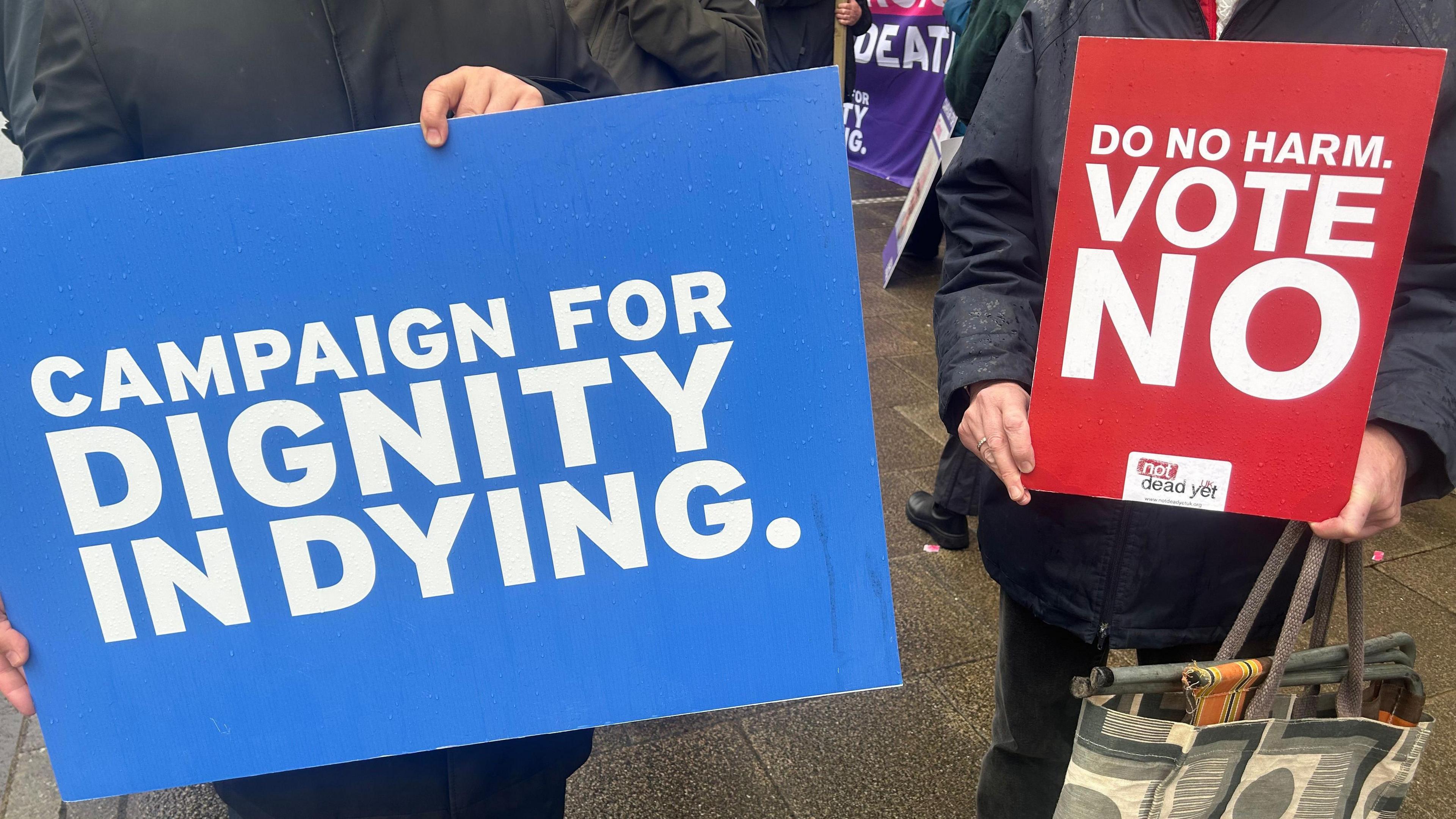
- Published14 May 2024
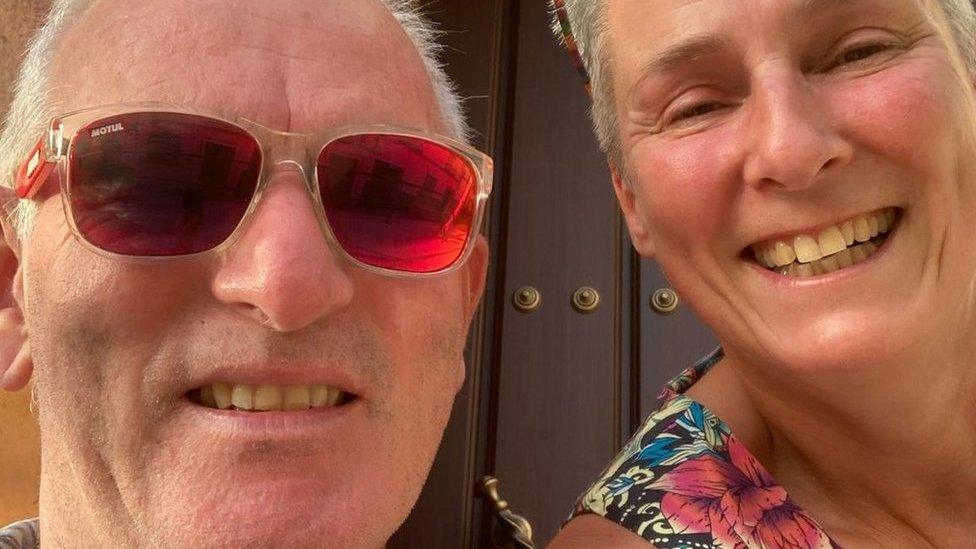
- Published7 May 2024
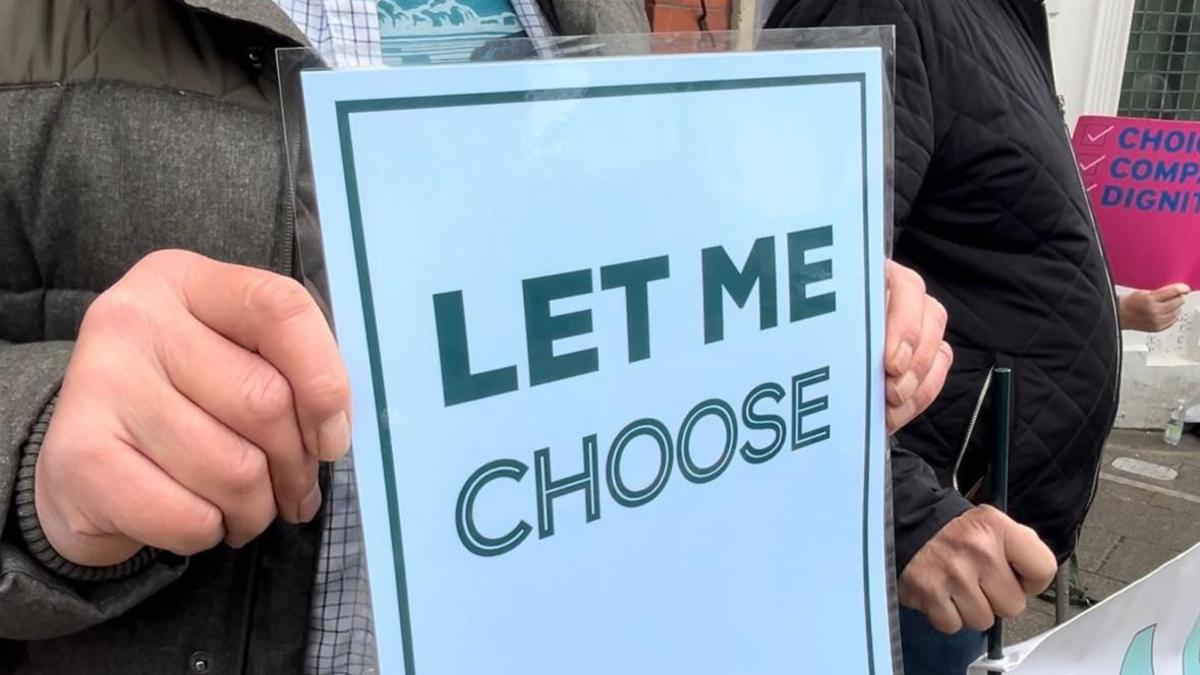
- Published28 March 2024
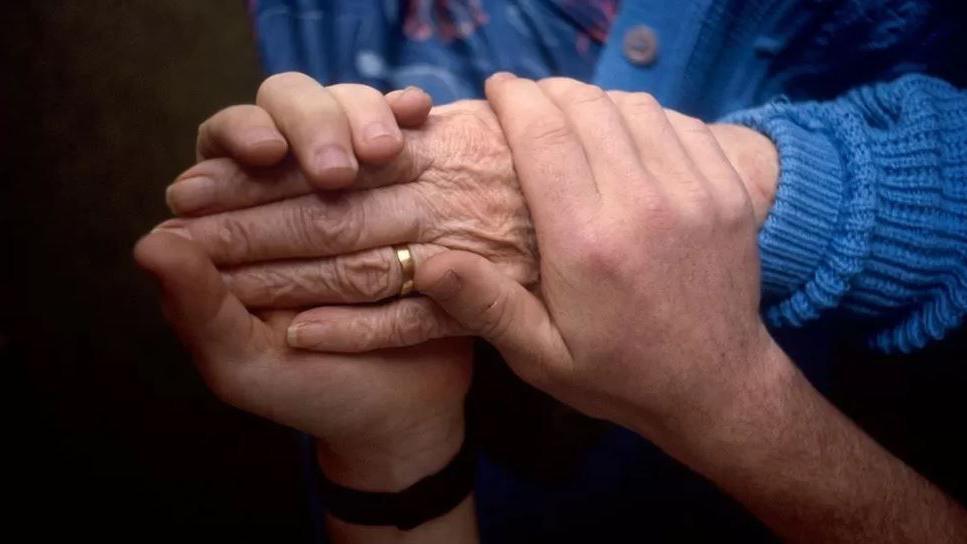
- Published31 October 2023

- Published18 October 2023
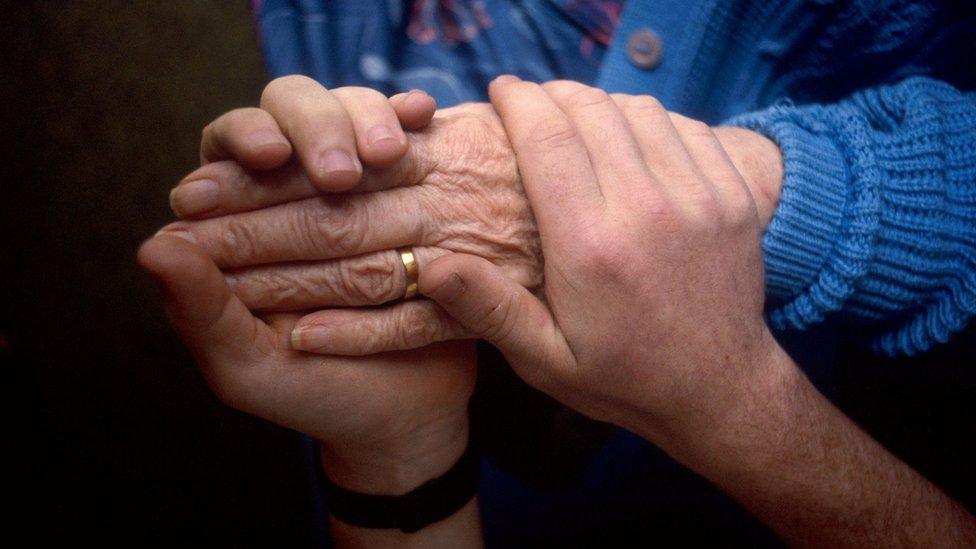
- Published4 April 2023
